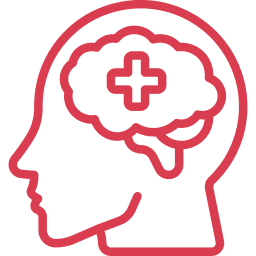Obsessive Compulsive Disorder (OCD)
Obsessive Compulsive Disorder services offered in Doylestown and King Of Prussia, PA

Understanding the Impact of OCD
Obsessive Compulsive Disorder (OCD) is a serious condition that goes far beyond being “type A” or having preferences for being tidy. At P.S. Psychiatry, we understand that OCD can feel controlling and prevent you from living your life how you’d like. If you feel like you’re experiencing symptoms of OCD, we can help. Our professional team has helped hundreds of patients experiencing OCD feel better and like they’re back in control.


Signs & Symptoms of OCD
Obsessive Compulsive Disorder (OCD) can feel like it controls your life. Having OCD is more than being a “Type A Personality” or a “neat freak.” P.S. Psychiatry will work with you to identify your symptoms and help you determine the best path forward. Some of the signs or symptoms we may ask about are listed below, so you can be better prepared for your first session.

Obsessions: Obsessions are intrusive thoughts that can significantly impact your daily life. These thoughts are persistent and cause distress.

Compulsions: Compulsions are the actions you do to help alleviate your obsessive thoughts. Preventing yourself from engaging in a compulsion can be very uncomfortable.

Relationships: Your obsessions and compulsions may prevent you from engaging with your friends and loved ones.

Shame: Having friends, family, and loved ones witness your OCD symptoms can be very uncomfortable and feel embarrassing.

Thoughts of Suicide/Self Harm: The intensity of the symptoms of OCD can create a feeling of hopelessness, and that life is not worth living in this way.

Treatment Options
We understand that OCD can feel exhausting and never ending. You've probably already tried things to help yourself too, but below are a few things that can help you move through your loss.

Medication: A prescription from your P.S. Psychiatry provider can help reduce some of the symptoms of OCD.

Therapy: Talking with a therapist is a great way to learn strategies to cope with your OCD and regain control.

We're Here to Help
When you’re ready to talk, we’re ready to listen. Tap the button below to get in touch with P.S. Psychiatry and schedule your appointment.